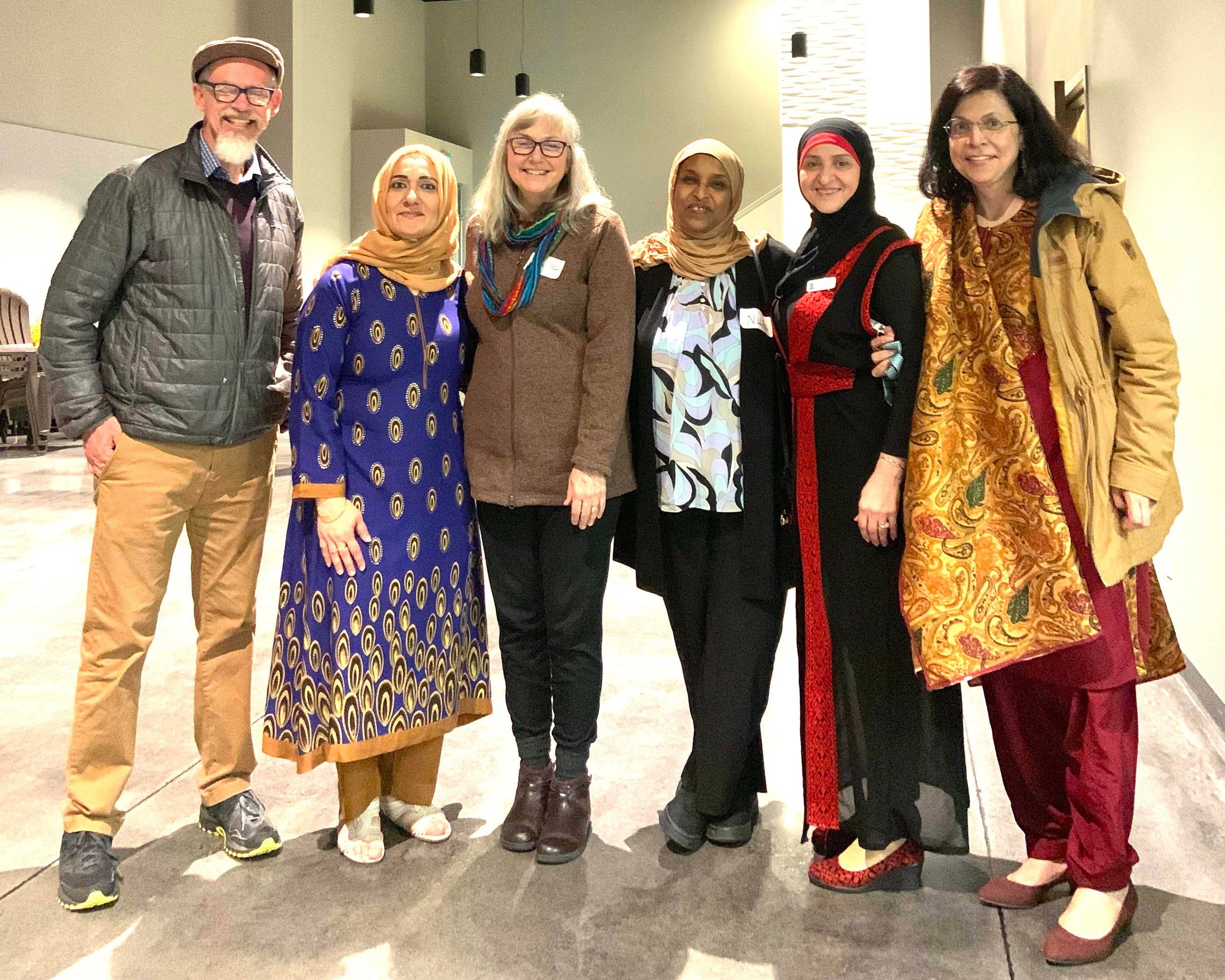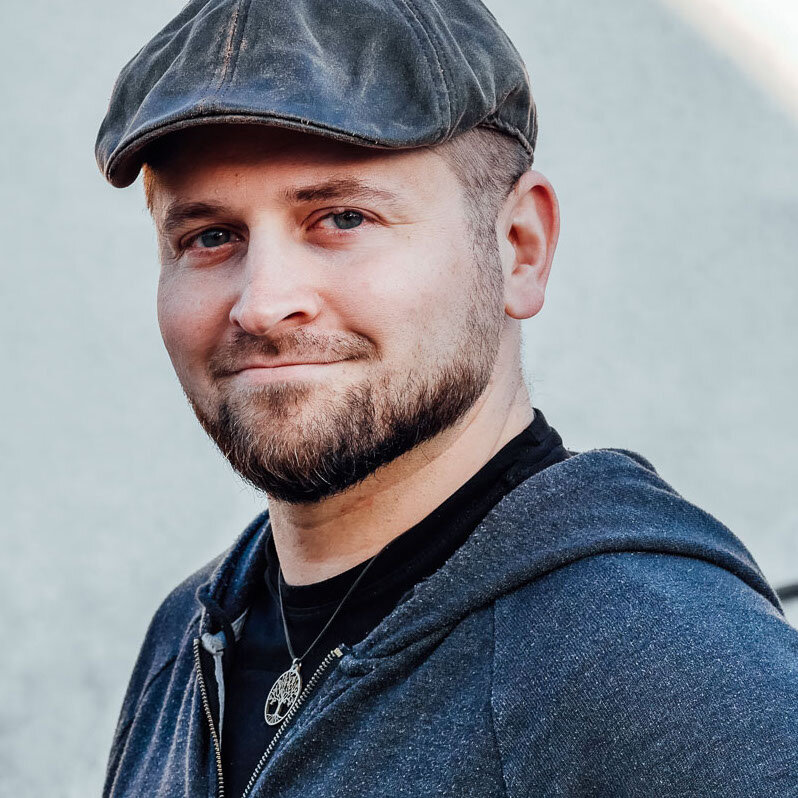LATEST POSTS
Our Emotions in Conflict: Dignity, Identity, and Humiliation
In conflict, being intentional about making the other person feel that they are being treated with dignity is a way to positively transform the situation. In other words, avoid making someone feel humiliated. French author Antoine Sant-Exupéry wrote, “I have no right to say or do anything that diminishes a man in his own eyes. What matters is not what I think of him, but what he thinks of himself. Hurting a man in his dignity is a crime.” So how do we avoid making someone feel humiliated? Read on!
Gaza Ceasefire Pilgrimages: A Recap
During the season of Lent, we worked together with multiple local organizers to help host Gaza Ceasefire Pilgrimagewalks in multiple cities around the U.S. (and attended a couple more as participants).
Gaza Ceasefire Pilgrimage is a worldwide movement of Christians who set out to walk the length of the Gaza Strip during Lent in a gesture of prayerful solidarity with those suffering violence. As participants in this global movement, we held walks in the Twin Cities, Seattle, Boise, San Diego, and Davis, with a total of 400+ participants. Read on for highlights.
Want to Be More Empathetic? Ask These 2 Questions
In the increasingly globalized and diversified world we find ourselves in, our psychological tendency to become entrenched in whatever we believe seems to do us more harm than good. So how can we work to challenge this? Here are a couple ideas.
Walk With Us For Peace in Gaza
Gaza Ceasefire Pilgrimage is a global network of 40 + autonomous Christian groups (including Peace Catalyst) who are engaging in a peaceful and prayerful show of solidarity with the people of Gaza by walking the length of the Gaza strip in cities around the world during Lent. As peace catalysts, we’re helping to organize a few walks around the United States. So far, we have one scheduled in the Twin Cities on March 23rd and one in San Diego on March 30th.
Embracing Discomfort: The Hard (But Worth It) Work of Building Peace
“Making peace,” “resolving conflict,” “building bridges” – whatever you want to call it – is by definition hard. It’s challenging and uncomfortable. There is no way around this. because if it wasn’t, then the conflict wouldn’t exist and the work wouldn’t need to be done. But evidence from psychologists, neuroscientists, professors, and religious leaders point to the fact that doing hard things is good.
Living With Integrity and Practicing Ethical Multi-Faith Relationships
In order to engage in authentic and meaningful multi-faith peacebuilding and spiritual conversations, we have to build and maintain trust, and that means living with integrity. What does that mean, and how do we practically do that? Here are some practical suggestions.
Sacred Values and ‘Us’ vs ‘Them’: How to Listen Across Lines of Difference
Our brains are wired to categorize people into groups based on the beliefs and values that make up our identity. Our ability to respond with empathy when someone experiences pain is based on our brain’s categorization of “us” and “them.” However, there are ways to get around this.
Peacebuilding: A More Christlike Witness
A few questions that we keep getting have to do with the relationship between peacebuilding and Christian witness. Is peacebuilding supposed to lead to witness? Does Christian witness simply not matter in light of so much division and conflict? What is Christian witness? Is it mainly about expressing religious convictions through our words? Or is it about serving as a living example of one’s faith? Read on to see our answers.
Meet our new Executive Director: Peter Digitale Anderson!
We’re happy to announce the appointment of Peter Digitale Anderson as Executive Director of Peace Catalyst International! Peter will be replacing Martin Brooks, who served as President since January 2020.









